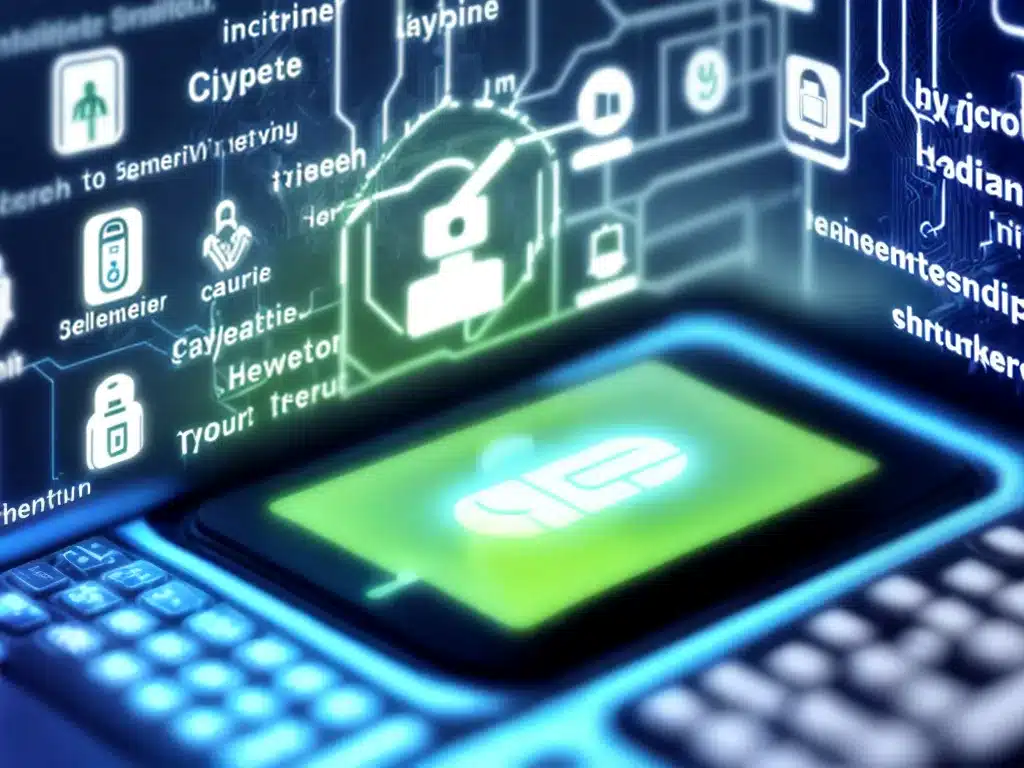
Good Cyber Hygiene Habits Everyone Should Have
Cybersecurity is more important now than ever before. As our lives become increasingly digitized, it’s crucial that we practice good cyber hygiene habits to protect our information and devices. Here are some of the most important cyber hygiene habits everyone should follow:
Use Strong Passwords
One of the simplest yet most important cyber hygiene habits is using strong passwords. Weak passwords are easy for hackers to guess and crack. Follow these tips:
- Use passwords that are at least 12 characters long. The longer the better.
- Include a mix of uppercase and lowercase letters, numbers, and symbols.
- Avoid common words and personal information in passwords.
- Use a unique password for each account.
- Consider using a password manager to generate and store passwords.
- Change passwords regularly, especially if a company you use has had a data breach.
Using strong, unique passwords goes a long way in protecting your accounts and information online.
Enable Two-Factor Authentication
Two-factor authentication (2FA) provides an extra layer of security beyond just a password. With 2FA enabled, you’ll need to provide two forms of identification to access an account. This usually involves your password plus a randomly generated code from an authenticator app or text message.
Major online services like Google, Facebook, and Apple support 2FA. I highly recommend enabling 2FA on any account that offers it. Even if your password is compromised, an attacker won’t be able to access your account without the 2FA code.
Be Wary of Public Wi-Fi
Public Wi-Fi networks at coffee shops, hotels, airports, and other locations are not secure. Cyber criminals can potentially intercept your internet traffic and steal sensitive data like passwords or credit card numbers on public Wi-Fi if it is unencrypted.
When using public Wi-Fi, avoid accessing any sites or services that contain personal information if possible. If you do need to log in somewhere, use a VPN to encrypt your connection.
Keep Software Updated
Software companies regularly release updates and security patches to fix vulnerabilities. However, many people delay or overlook important updates.
Promptly install any recommended updates on your devices and apps. Enable automatic updates whenever possible. Updated software closes security gaps that attackers could otherwise exploit. Don’t use software that is no longer supported and doesn’t receive updates.
Use Antivirus Software
Antivirus software helps detect and block malware like viruses, ransomware, and spyware. While Windows and Mac computers include basic antivirus protections, it’s wise to use a third-party antivirus program for enhanced security.
Make sure your antivirus software is always up-to-date and set to regularly scan your computer for malware. Also be cautious about downloading free software, which may come bundled with malware.
Beware of Phishing Scams
Phishing is when cyber criminals try to trick you into giving them sensitive information through fraudulent emails, ads, phone calls, or websites. Phishers impersonate legitimate companies and prey on unsuspecting victims.
Carefully examine any message asking you to enter login credentials or personal information. Avoid clicking links or downloading attachments in suspicious emails. Verify the source of any unusual request to protect against phishing.
Manage Your Online Presence
Be thoughtful about what personal information you share online, especially on social media. Posts revealing your birthday, address, phone number, whereabouts, and other details could be abused by criminals.
Check your social media privacy settings and lock down anything public. Google yourself occasionally to see what information is readily available about you online. Aim to minimize your digital footprint when possible.
Practicing good cyber hygiene takes some time and effort but is well worth it. Following these tips will greatly improve your online safety and security. Be vigilant and think before clicking, downloading, or sharing anything online. Protecting your devices, accounts, and activities with strong cyber hygiene habits reduces your cyber risk.












